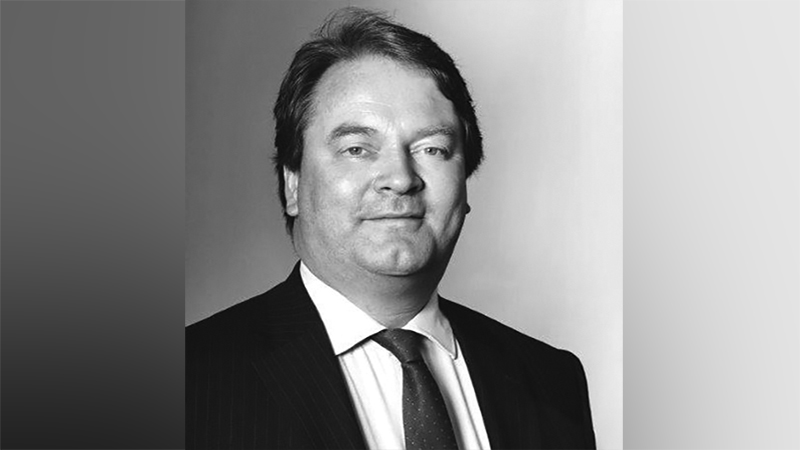The Investment Company, an investment trust founded in 1868, is in discussions to appoint Chelverton Asset Management as its investment manager, potentially averting the wind-up that was on the cards last month.
The trust, which had net assets of under £17m at the start of the year, does not have an external investment manager, and the portfolio is instead managed by its board.
In February, when the trust released its full-year results, chairman Ian Dighé said it would provide an immediate “complete liquidity option” for those investors wishing to withdraw their holdings.
“The threats to our capital are more visible now than they were in 2020, as are the challenges of trying to excel as a small investment trust,” he said at the time.
The option to withdraw capital remains on the table for The Investment Company clients, but today Dighé said he was pleased to be offering shareholders a possible future under Chelverton’s management: “The directors believe that the proposals offer existing shareholders two appropriate alternatives: either to retain their shareholding in the company whilst it pursues a growth mandate managed by a team with a proven track record, or to have their capital returned to them,” he said.
Dighé confirmed that the continuing directors would be retaining their shareholdings in the company, and working with the Chelverton team.
Changing of investment policy
A result of the deal would mean a comprehensive shake-up of The Investment Company’s policy. In its full-year results, the trust declared it sought to “acquire and hold, with no predetermined investment time horizon, a collection of assets which, in the directors’ judgement, are well-suited to the avoidance of a permanent loss of capital.”
It added that the holdings were comprised of minority participations in the “equity, debt or convertible securities” of quoted businesses. The trust currently has no maximum or minimum levels of exposure to asset classes, currencies, or geographies, and it has the ability to invest globally.
Should Chelverton take over, the trust would pursue an investment strategy in line with the asset manager’s expertise.
Chelverton is an asset manager with a track record of investment in UK small and mid-caps, and managing director David Horner (pictured) said it believes in the “positive long-term compounding effect of rising corporate cashflows on shareholder returns”.
“It feels to us that we are at a point in time where valuation levels in our investable universe are extremely attractive as we believe that interest rates are set to peak and economic growth is set to pick up,” he said.
The MI Chelverton UK Equity Growth Fund, which has returned 222.05% from its launch in October 2014 to the end of February, also employs this investment policy.
Should the deal go ahead, the team behind the equity fund, comprising of James Baker, Ed Booth, and Henry Botting, would become responsible for the management of the trust’s portfolio, and Horner would be appointed to the trust’s board.










